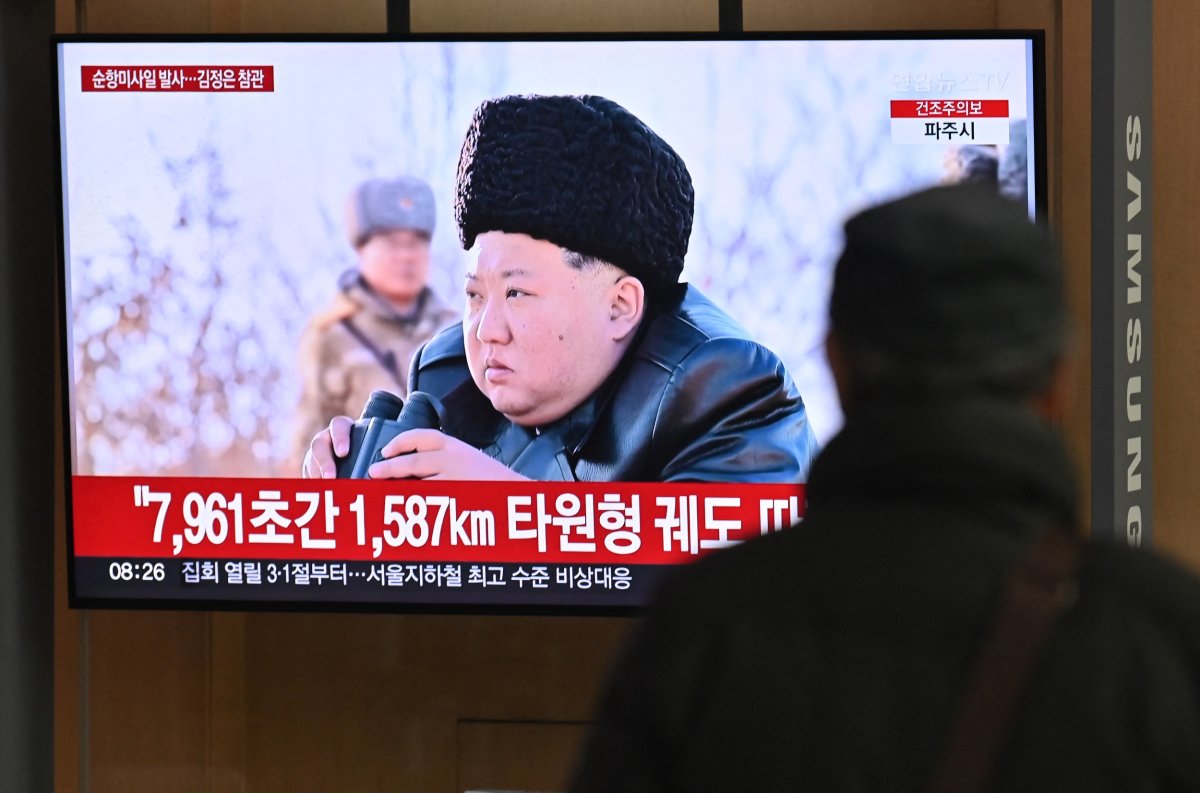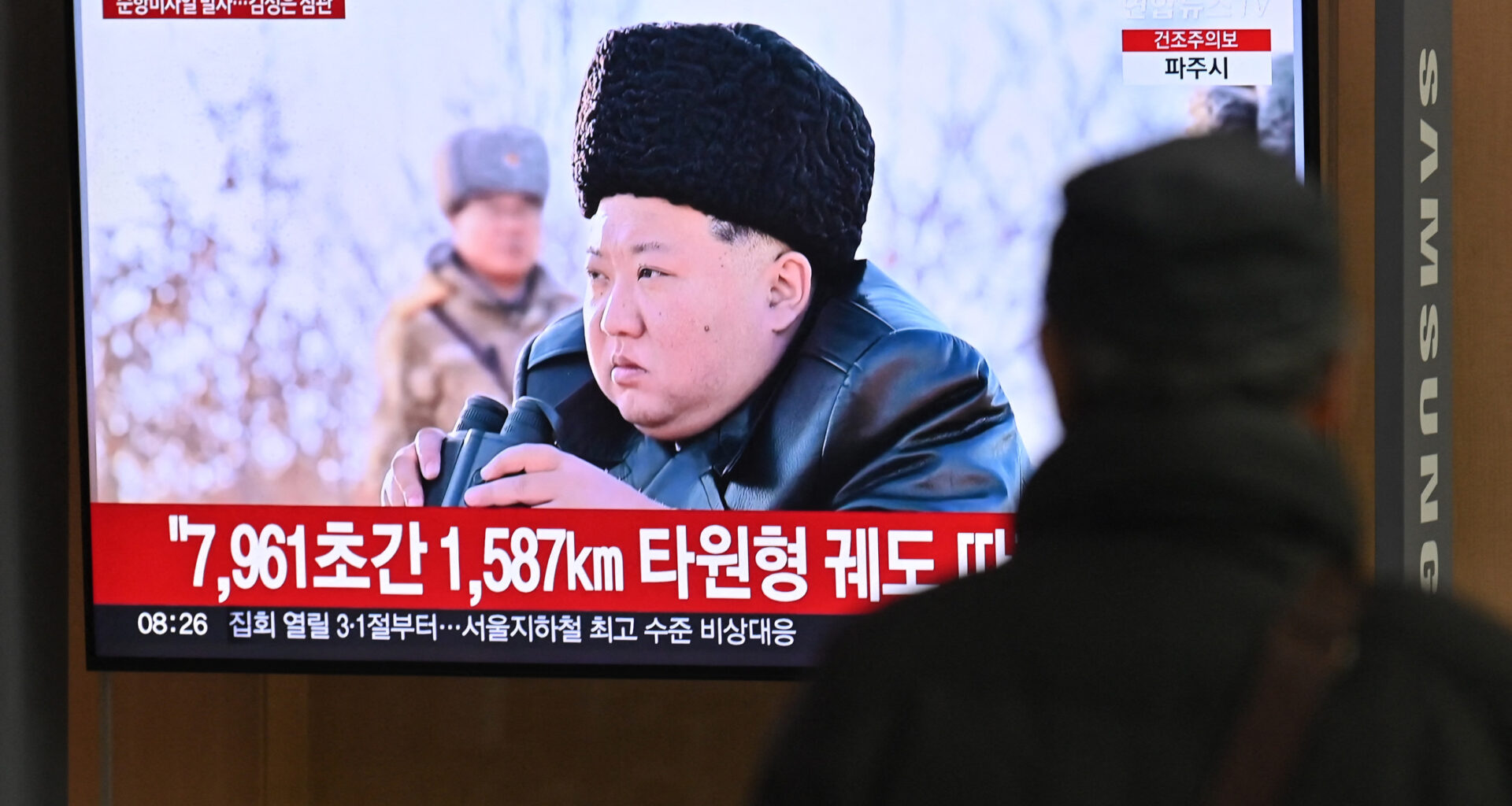Russia is aiding North Korea in modernizing its nuclear weapons delivery systems, according to Ukraine’s top military intelligence official.
The disclosure could reinforce long-standing suspicions among U.S. and South Korean officials that North Korea has been receiving technical support in exchange for providing weapons and troops to bolster Russia’s war effort in Ukraine.
Newsweek has contacted the North Korean Embassy in Beijing and the Russian Foreign Ministry for comment via written requests.
Why It Matters
Last year, North Korean leader Kim Jong Un and Russian President Vladimir Putin deepened military cooperation with a defense pact that raised alarm in Western capitals.
The deployment of an estimated 11,000 North Korean troops to join Russian forces fighting a Ukrainian insurgency in the Kursk region late last year further escalated tensions on the Korean Peninsula, already at their highest levels in decades.
Kim continues to expand his United Nations-sanctioned nuclear program and test increasingly advanced ballistic missiles—justifying the moves as responses to “provocations” from Washington and its allies.

A man watches news footage of North Korean leader Kim Jong Un observing a test-launch of strategic cruise missiles on a television screen at a train station in Seoul on February 28.
A man watches news footage of North Korean leader Kim Jong Un observing a test-launch of strategic cruise missiles on a television screen at a train station in Seoul on February 28.
What To Know
Lieutenant General Kyrylo Budanov, the head of Ukraine’s military intelligence agency, told local media that while Russia was unlikely to assist Iran in building nuclear weapons, technical support to North Korea was already underway.
“I can say this directly. As for North Korea, the situation is quite difficult. First of all, North Korea already has nuclear weapons, but the Russian Federation is helping it modernize its nuclear weapons carriers. This is really happening,” Budanov said.
Last month, he said the Kim regime had already acquired Russia’s Pantsir-S1 self-propelled anti-aircraft system and was deploying it to defend the North Korean capital, Pyongyang.
What People Are Saying
Kim Yo Jong, Kim Jong Un’s sister and the vice chair of the central committee of the ruling Workers’ Party of Korea, said in a July 28 statement: “Any attempt to deny our country’s status as a nuclear power, which has been established with the existence of a strong nuclear deterrent and has been adhered to as the supreme law by the consensus of the entire Korean people, will be thoroughly rejected.”
Shravishtha Ajaykumar, an associate fellow at the Centre for Security, Strategy and Technology, a foreign policy think tank in New Delhi, wrote in a May article: “The proliferation of nuclear technology, particularly with implicit backing from a global power, threatens to destabilize regions far beyond the Koreas. It creates an environment where international treaties become formalities lacking enforcement or consequence.”
What Happens Next
The Kim regime has rebuffed reported efforts by U.S. President Donald Trump‘s administration to arrange an in-person summit with North Korea’s leader.
Trump met with Kim three times during his first term in an unsuccessful bid to persuade Pyongyang to scale back its nuclear weapons program.
However, analysts say any future talks are likely to be limited in scope and unlikely to lead to full denuclearization, as North Korea has formally enshrined its nuclear weapons status in its constitution and has repeatedly declared the program nonnegotiable.
